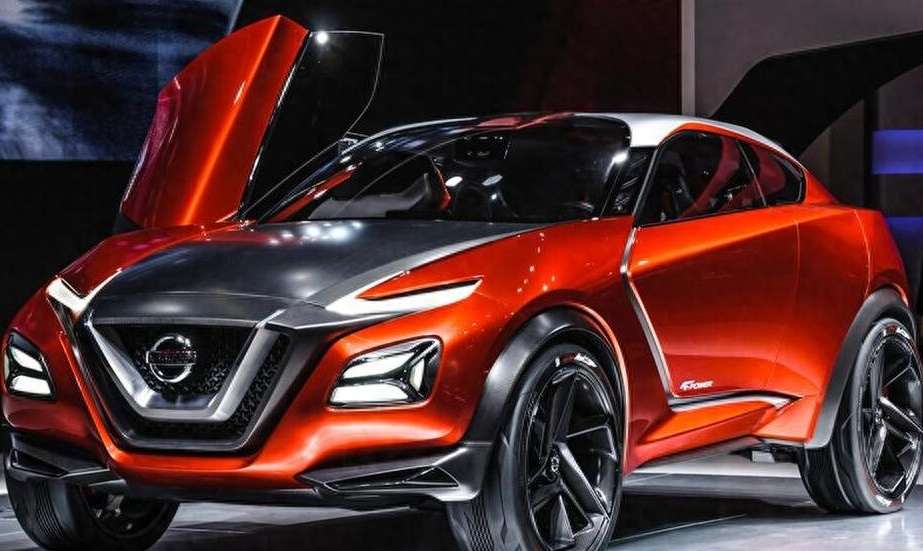Honda and Nissan: Can They Turn the Tide?
Advertisements
In what may be one of the most significant developments in the automotive industry in recent years, Honda and Nissan have announced plans to merge, a move that has generated considerable buzz in both markets and among consumers. Given the current challenges that Japanese automotive manufacturers face, the merger raises questions about its timing, implications, and the effectiveness of such a strategy in reversing their fortunes.
The history of Japanese cars is replete with triumphs; for decades, brands like Honda and Nissan were synonymous with reliability, efficiency, and innovation. They were lauded for introducing fuel-efficient vehicles that dominated markets worldwide, leading many to believe that they would retain their competitive edge indefinitely. However, recent trends paint a starkly different picture. According to the latest figures, sales of Nissan vehicles in China plummeted by nearly 25% in 2023, while Honda saw a decline of just over 10%. Coupled with dramatically decreased profits—reportedly a staggering 93.5% drop for Nissan—this reveals a sector that has struggled to adapt to evolving consumer demands and innovative technologies.
So, what has brought this once-mighty industry to its knees? While various factors contribute to the current crisis, two critical issues stand out: strategic miscalculations and an overly cautious approach to market changes. The rise of electric vehicles (EVs), spearheaded by competitors—especially in China—has taken the automotive world by storm. Japanese manufacturers, initially slow to embrace this transformative shift, find themselves falling behind. Many argue that a misguided focus on hydrogen fuel technology has diverted essential resources away from the burgeoning electric vehicle sector.
As the world pivots towards greener technologies, the potential of battery-operated vehicles has been recognized as a pivotal evolution in transportation. While electric vehicles represent just one aspect of automotive development, the next platform—fully integrating smart technologies—is crucial for future growth. Yet, with their existing investments primarily centered on traditional fuel systems, Japanese automakers now find themselves scrambling to catch up in an industry that has rapidly shifted towards electrification and digital innovation.

Beyond strategic errors, a certain level of conservatism within Japanese corporate culture has further compounded their difficulties in transitioning to new technologies. Many senior executives, like Akio Toyoda of Toyota, have publicly expressed skepticism towards pure electric vehicles, believing instead in the longevity of their current offerings. This mindset has not only stifled innovation but has also inhibited the ability to respond to shifting consumer preferences.
The imminent merger of Honda and Nissan comes amid these challenges, and while the intent may be to strengthen their competitive position against formidable rivals like Toyota and Volkswagen, the reality may be less about collaboration and more about survival. Rather than a robust alliance, there are concerns that this partnership might merely serve as a last-ditch effort to shore up their declining market presence, adopting a “sheltering strategy” rather than truly innovating.
Indeed, while Honda and Nissan strive to unify their resources and bolster their market positions, the overarching question remains: can these venerable brands regain lost ground in a landscape dominated by electric vehicles and new contenders? One possibility is a focus on collaborative innovation, not just within the confines of the merger but in forming strategic alliances with new players, especially within China. Early partnerships in technology and battery sourcing could provide vital benefits, enabling Japanese manufacturers to harness unique advantages without sacrificing their identity or values.
However, moving forward, it is imperative that Japanese corporations embrace a more adaptive strategy. The automotive industry exemplifies a broader trend towards sustainability and digitalization. Adapting to these changes requires a dual approach: integrating renewable technologies while optimizing business models for the existing markets. Reconsidering pricing strategies for electric vehicles—reflecting market realities rather than traditional fuel norms—could also create a competitive edge that has thus far eluded Japanese companies.
As the dust settles on this merger, it will be critical for both companies to navigate a tricky path ahead. The auto industry can no longer rely solely on historical prestige; it must innovate within context and maintain agility. Ultimately, this marriage of two storied automotive brands may either signify a resurgence for the Japanese automotive sector or a desperate attempt to preserve market share amidst rapid transformation.
To summarize, the merger between Honda and Nissan raises an array of considerations. While there’s potential for synergistic gains, the outcome largely hinges on the ability of both companies to pivot quickly and adapt to evolving trends, especially in the electric vehicle domain. The world is changing, and it remains to be seen whether Honda and Nissan can transform this partnership into a foundation for long-term revival or will simply become a cautionary tale of missed opportunities in the face of inevitable progress.
Leave A Comments